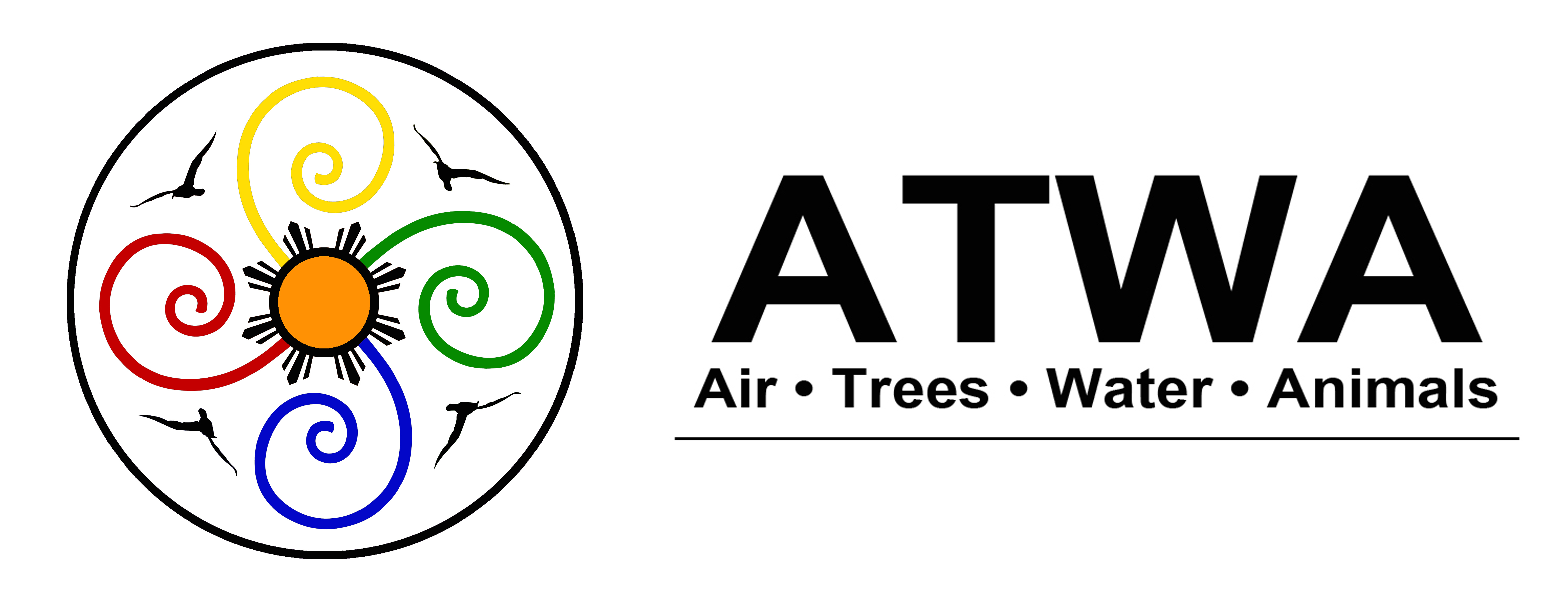

Clean-up Crew
|
Help inspire others to get involved - Please submit your clean-up photos to be featured on the site! e-mail pictures, video, and text to: contact@atwaearth.com
|
Removing trash and pollution from the ecosystem is a great way for anyone and everyone to easily help heal the planet right now. We can all do our part to clean up the creeks, rivers, forests, and beaches of the planet by going out into our local wildernesses. It's important to realize and remind others that our "outdoors" is "home" for insects, birds, plants, trees, and animals. Society is refusing to stop producing plastic, which breaks down into the ecosystem and is very dangerous to birds and other animals. You can protect them by cleaning up your local areas and recycling the trash. Bring a few bags with you to collect the garbage. There are now massive "garbage patches" of plastic debris swirling around in our oceans. Watch Plastic Soup - The Great Pacific Patch on YouTube. Also, check out this invention for cleaning the ocean: BoyanSlat.com/plastic, and watch what the inventor has to say about the project. See the infographics below to learn more about what plastic is doing to our oceans.
Ocean plastic accumulates in five ocean garbage patches, the largest one being the Great Pacific Garbage Patch, located between Hawaii and California. To solve it, we not only need to stop more plastic from flowing into the ocean, but also clean up what is already out there. Floating plastics trapped in the patches will keep circulating until they break down into smaller and smaller pieces, becoming harder to clean up and increasingly easier to mistake for food by sea life. If left to circulate, the plastic will impact our ecosystems, health, and economies for decades or even centuries. How System 03 Cleans The Great Pacific Garbage Patch System 03 Delivers: Biggest Plastic Extraction to Date Interceptor 006 captured hundreds of truckloads of trash – and counting – in just a few hours in the first flood of the year – all prevented from reaching the Caribbean Sea. After capturing millions of kilograms of trash in its first year of operation, Interceptor 006 has made a strong start to its second year and first full rainy season in Guatemala, capturing what may be our biggest river catch so far – in only a matter of hours. Interceptor 019 in Bangkok: The First Step in a Multi-Year Project to Clean the Chao Phraya River. Latest river deployment - Interceptor 019 marks the start of our work in Bangkok, where we will work alongside local partners and the existing cleanup efforts to stop thousands of tons of trash from entering the Gulf of Thailand while gathering data to learn about how this plastic enters the river. |
|
|
Copyright ATWA 2013 ATWA is a California 501(c)(3) Non-Profit Organization